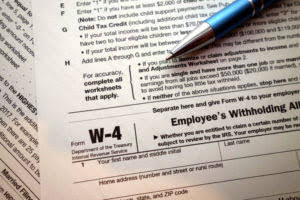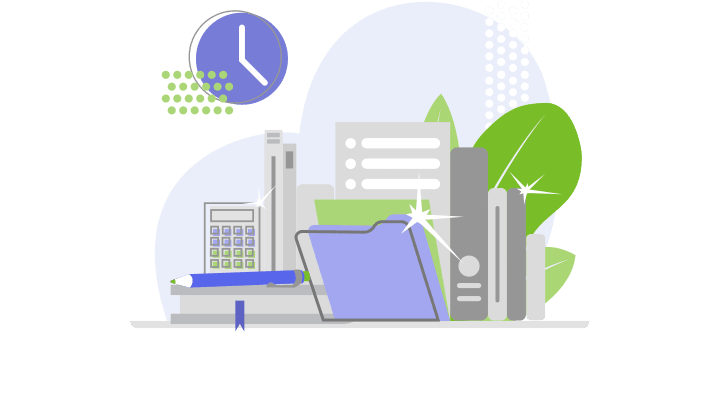
To succeed in this field, aspiring and current accounting professionals should stay up-to-date on these developments to keep their skills relevant and maintain a competitive advantage in the workplace. Collecting and analyzing financial data is a large part of accounting and is an important aspect of identifying patterns and potential issues. In fact, applying data analytics to the accounting field is an emerging trend in the industry that is expected to have a growing impact in the future. According to the US Bureau of Labor Statistics, accountants earn a median annual salary of $81,680. Learn more about the factors that can impact your earning potential as an accountant.
Experience And Specializations
Discover online accounting courses delivered by top Australian universities. An accountant’s day can vary depending on where they work and if they specialise in a certain field. While figures and spreadsheets are among their many talents, there’s more to these Excel experts than meets the eye.
What Skills Do Good Accountants Have?
They are essential in maintaining the financial health of an entity and ensuring compliance with financial regulations. Forensic accountants have the critical task of analyzing financial records to assist with fraud investigations and help interpret financial evidence for payroll organizations like banks, police departments, and government agencies. As a forensic accountant, your job duties might include tasks such as auditing financial records, determining the losses resulting from issues like breaches of contract, and working to forecast (and prevent) financial fraud. That means you’ll need to be intensely detail-oriented — ideally, with a passion for learning about financial laws and white-collar crime.
- They earn the CPA designation after completing specific educational and work requirements, and passing an exam.
- They play a vital role in budgeting and forecasting, using their financial analysis skills to develop reliable budget plans for organisaties.
- The ability to interpret data trends helps accountants provide valuable advice, guiding stakeholders toward informed decisions.
- Their efforts enhance the financial stability and growth of a business by delivering reliable analysis and advice, empowering organizations to make informed decisions.
- In terms of techniques, accountants use various methods to manage finances.
- It’s not only important for businesses in terms of record keeping and general business management, but also for legal reasons and tax purposes.
What are the misconceptions mentioned in the article about accounting?
The extensive educational journey demands dedication and perseverance, making it a significant consideration for those aspiring to enter the field. In today’s technology-driven world, accountants leverage cutting-edge financial software and technological solutions to streamline financial processes and boost efficiency. By implementing finance technology upgrades, they enhance data accuracy, automate routine tasks, and expedite financial reporting, allowing businesses to focus on strategic initiatives and better serve their stakeholders.

Accounting is divided into the public and private sectors, with public sector accountants providing services to a range of clients, which may include the government. In contrast, private accountants typically work internally with a business. There are a variety of accounting specialisations ranging from taxation expertise to financial knowledge in legal proceedings. Accountants need a mix of technical and soft skills, which helps them stay updated on new trends to make the most of accounting technology. Remote working has also grown increasingly popular across many fields, including accounting. Online accountants like Mazuma and tools like accounting software support remote work so companies can track and share their financial data with accountants online.
Besides, this frees up time so you can focus on running your business smoothly. Check out our recent piece on the best accounting software for small businesses. A certified public accountant (CPA) is a type of professional accountant with more training and experience than a typical accountant. Aspiring CPAs are expected to have a bachelor’s degree, more than two years of public accounting work experience, pass all four parts of the CPA exam and meet additional state-specific qualifications if required.

A taxation degree may help, especially if you pursue an estate planning concentration and supplement it with a degree in accounting or law. You can also https://www.bookstime.com/ earn professional certifications as you gain experience, which may support your advancement. There are some key differences in the responsibilities of each position. An accountant may offer many more services, including conducting audits, advising on spending and cost-saving opportunities, and forecasting for opportunities and risk analysis.

From May 2020 to May 2022, the number of unique accounting-related job postings per month increased by nearly 20,000. Accounting principles are critical for ensuring accountants don’t give clients bad guidance or mislead them with poorly maintained financial statements. Additionally, accountants have a legal obligation to act honestly and avoid what does an accountant do for an individual negligence in their practices.
Do accountants make good money?
- Small-business owners spend countless hours keeping up with their books and taxes.
- This ensures everyone involved is on the same page and can collaborate meaningfully.
- Learn more about what an accountant does, important skills to be successful in this role, and how to become one.
- At the state and local levels, they may work to manage use of local revenues, investigate fraud and perform lower-level audits.
- BrieflyFinance is built based on my passion to continuously learn and find ways to simplify content for you on key topics about finance and cryptocurrencies.
- If you don’t have the time or expertise, that’s something an accountant can do for you.
They’ll do that by considering the numbers behind your business and looking at how your debt’s structured to develop a specific strategy for you. And they’ll help you cope with stress by breaking down big business problems into manageable parts. Many profitable businesses fail because they run out of money at the wrong time and can’t afford to pay suppliers or staff.
Leave a Reply